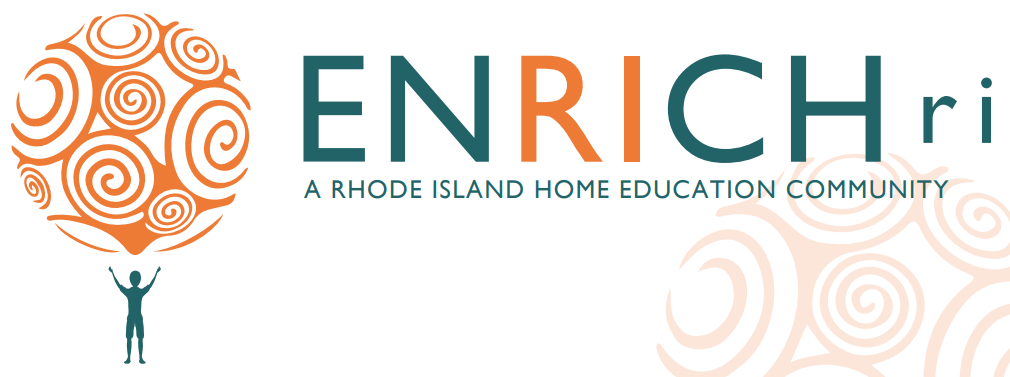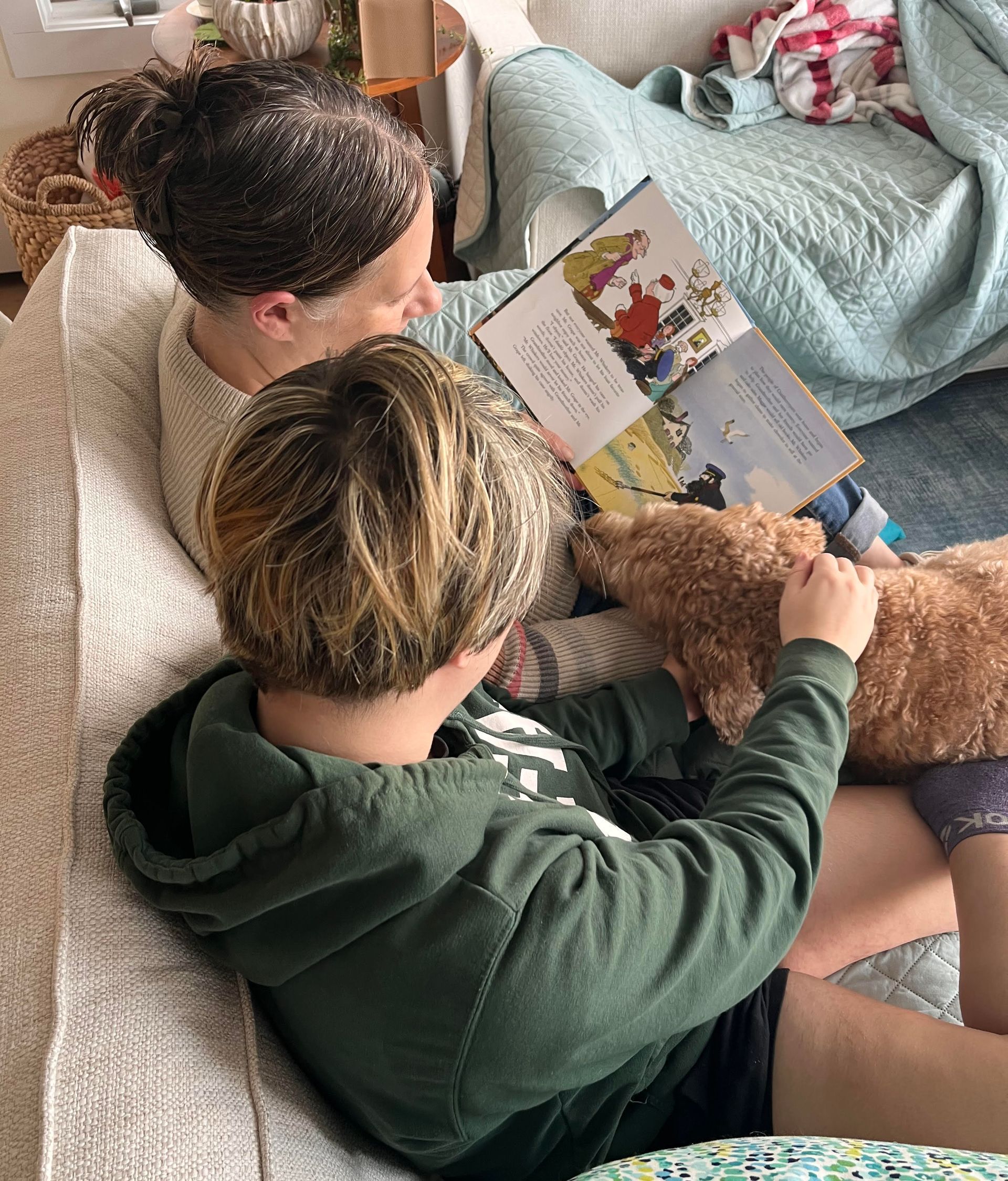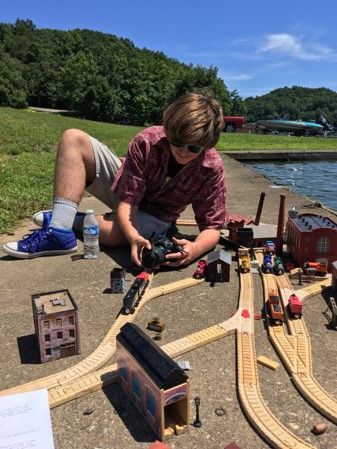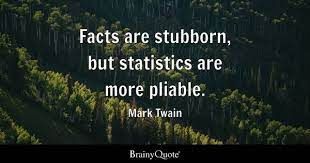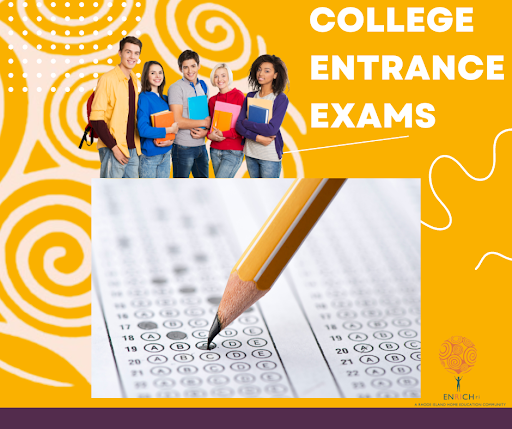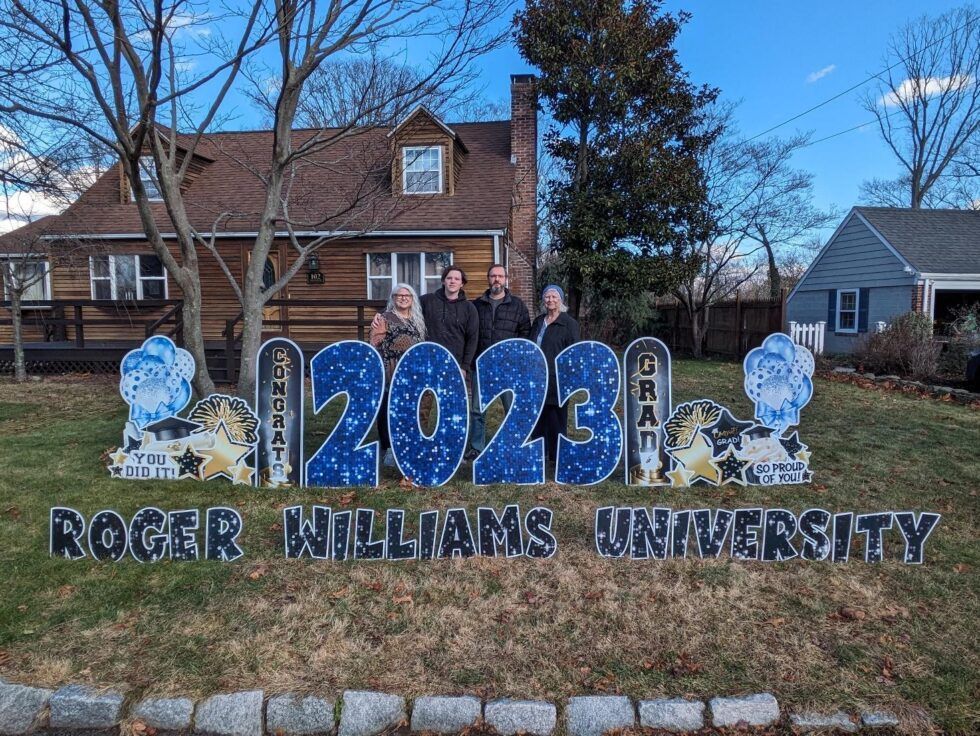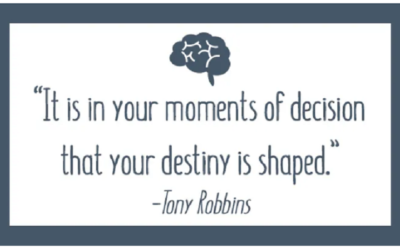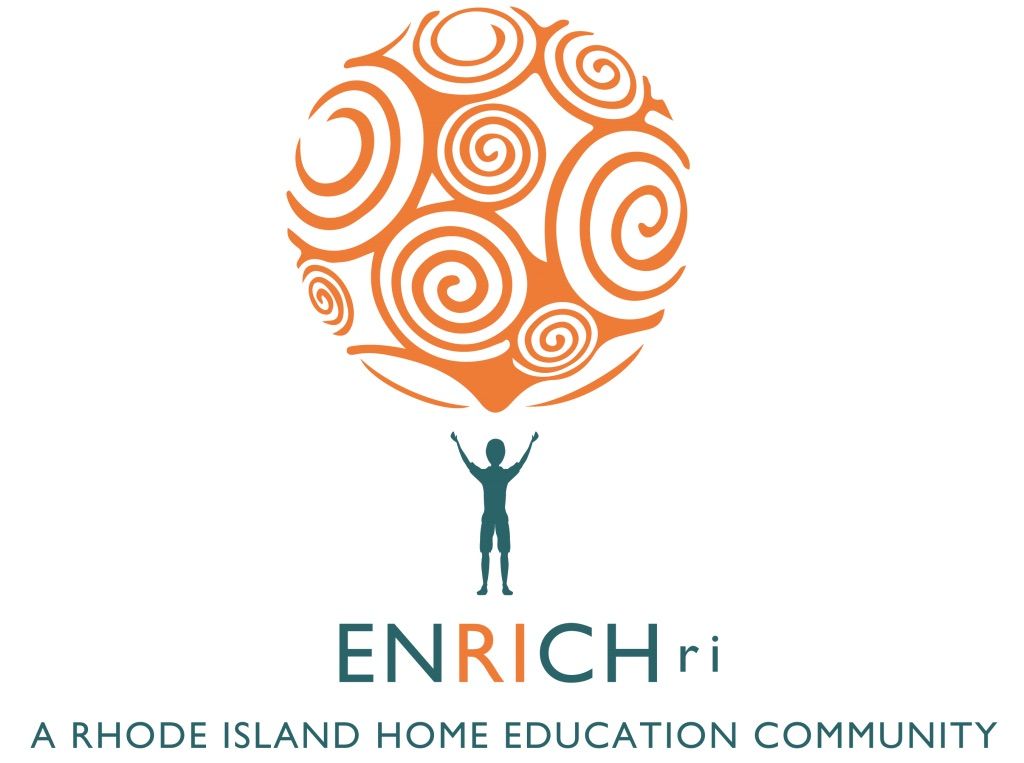Authentic Volunteer Work and College Admissions
Be True to Yourself

Beginning in freshman year, and sometimes earlier, students are continuously presented with information and advice regarding how to put together a strong college admissions application. Recommendations include taking high level course work, participating in interesting extracurricular activities, pursuing leadership opportunities, and undertaking volunteer work.
The piece of the conversation that is often overlooked is making sure that the opportunities that students are pursuing are meaningful, not just to them, but also to the community. The efforts the student puts into volunteer work should fulfill a need and meet an end-goal beyond the accumulation of hours for an admissions application and their own personal success.
A recent report put out by the Harvard Graduate School of Education’s Making Caring Common Project, entitled “Turning the Tide: Inspiring Concern for Others and the Common Good Through College Admissions”, discusses this issue and is calling on admissions officers to address the problem at the root. This means asking admissions officers to look beyond just hours listed and pay attention to what meaningful work a student is achieving with their time and effort. Are they invested in their community and the purpose that they are serving? What does that look like?
The report lays out a series of recommendations for all levels involved in the college admission process from students and parents to college counselors and admissions officers. Specific recommendations range include:
- Students should “engage in sustained, meaningful community service” that “tackles community problems”
- “Students should undertake community service that deepens their experience with diversity”
- Students should pursue service that “helps them appreciate the contributions of previous generations and their responsibilities to their descendants”
- Parents and counselors should look beyond the traditionally named “good” schools and encourage students to consider “the broad range of excellent colleges across the country”
- Admissions officers should prioritize quality of service over quantity
- Admissions officers should warn parents, counselors, and students that applications that are clearly “overcoached” can have the opposite of the desired effect and that they value a student’s authentic voice
The authors conclude that “we certainly do not expect all college admissions officers, high school guidance counselors or other stakeholders to wholly embrace these recommendations. Our hope, in fact, is that college admissions officers will take up some of these recommendations and improve on others. What we are convinced of is that far too often colleges, high schools and parents are placing more and more pressure on young people to focus on personal success at the expense of others and our common goals. And we are concerned that too often colleges, high schools and parents are competing—engaging in an “arms race”—that is costly both to young people and to our society.”
There are many issues with the current higher education system and this report is just the beginning of an important conversation about the future of college admissions. But encouraging our kids to be authentic, and for that to be valued, is a promising start.
Share Article
Discover More


